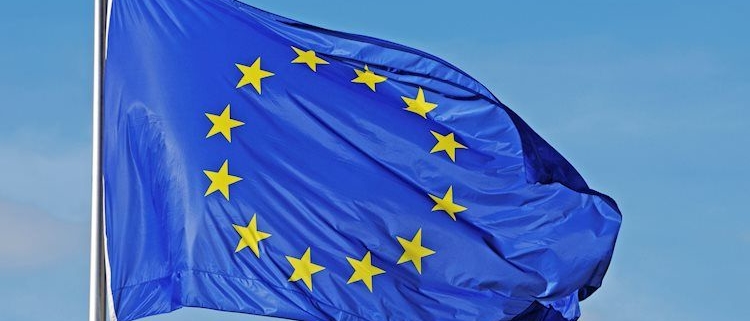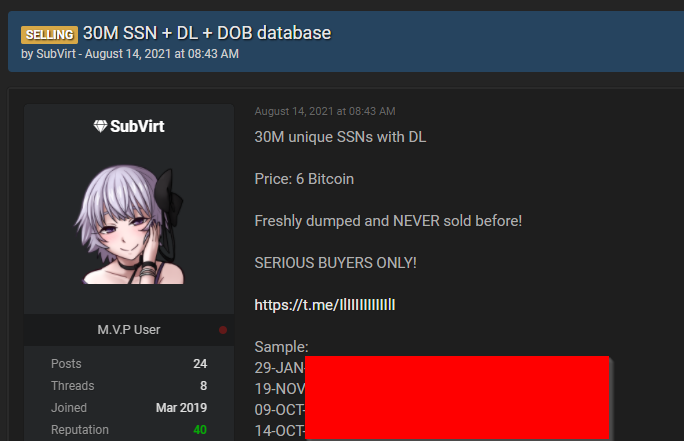The Great Game on the Anniversary of the End of Bretton Woods
August 15 is the 50th anniversary of the end of Bretton Woods, when the US unilaterally ended the last formal linkages between the dollar and gold. Nixon ushered in the modern era, even if he did not intend to do so. The only thing that seemed pertinent at the time was that the US did not want to part with any more of its gold, and Nixon feared a recession that would undermine his chances for getting re-elected in 1972. The main demand for US gold was not coming from the Soviet Union or Communist China but from America’s capitalist rivals and allies, primarily in Europe.
The period after the dollar devalued against gold (and other major currencies) might have been dubbed the first G-zero era. The US foreign policy in Vietnam undermined its international prestige. Germany’s “ostpolitik” reflected a growing divergence between the US and Europe. Servan-Schreiber’s international bestseller, “The American Challenge” (1968), accused US multinational companies of colonizing Europe.
However, it proved to be an interregnum. Then, less than a decade after Nixon’s decision, a new era opened, characterized in many respects by turning Bretton Woods on its head. Currencies floated against the dollar. Capital was liberated, purposely freed from restrictions on its mobility in several dimensions. Resistance to new forms of protections, such as Voluntary Export Restrictions and Orderly Market Agreements, ultimately necessitated replacing the General Agreement on Trade and Tariffs (GATT) with the World Trade Organization.
The US trade balance, and more broadly, the current account balance, was deteriorating years before the capital markets were opened. This means that historically at least, the export of foreign savings to the US did not cause the external imbalances, even if later America’s capital account surplus contributed to the yawning of the goods deficit. The capital offensive associated with Reagan-Thatcher came to an end. It may have ended with the tech bubble in 2001, but we would be inclined to mark the end with the Great Financial Crisis.
The anniversary of the end of Bretton Woods offers a timely opportunity to reflect on…


